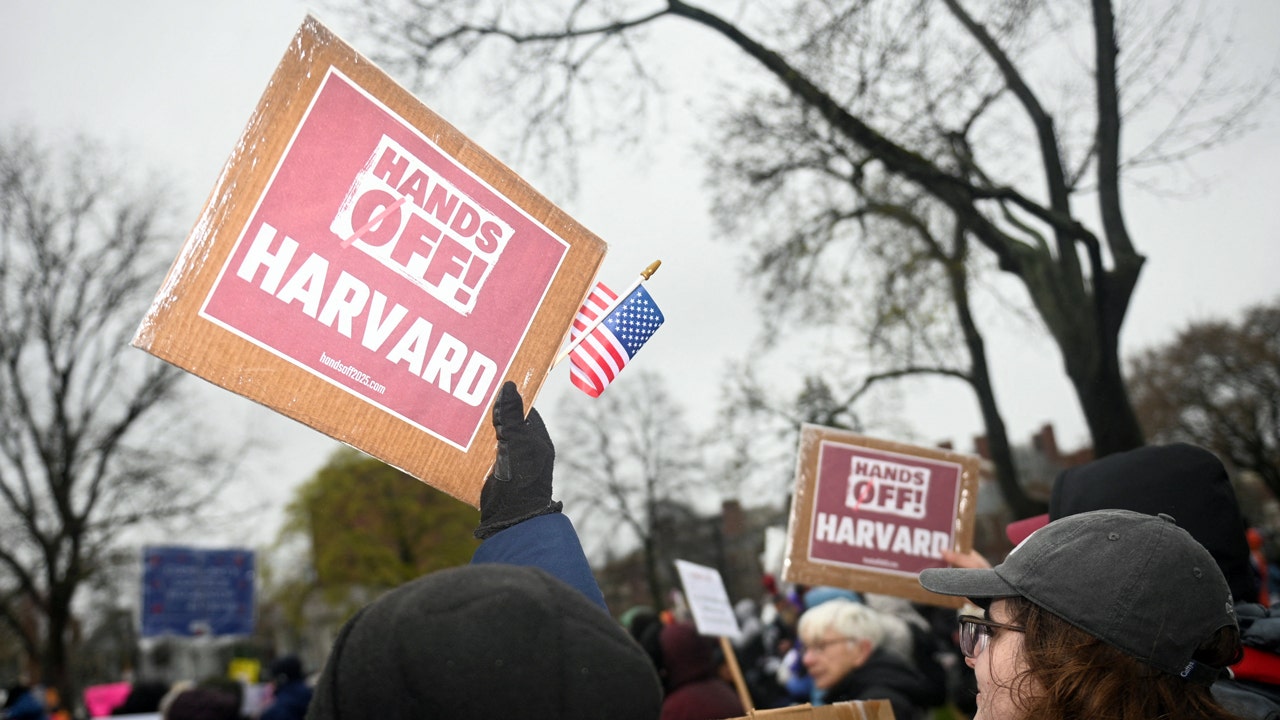FLASHBACK: Dems defend Harvard, Columbia from Trump funding cuts, despite backing same legal precedent in 1983

Democrats are now finding themselves in a tricky position as they defend elite universities like Harvard and Columbia from threats to their federal funding and tax-exempt status. This comes after the Trump administration cited the 1983 Bob Jones University v. United States ruling, which upheld the IRS’ decision to revoke tax benefits from a religious college that banned interracial dating, in urging the IRS to take action against Harvard for allegedly tolerating antisemitism and campus unrest.
In the past, Democrats championed the Bob Jones ruling, agreeing with the federal government’s argument that no institution engaging in discrimination should receive public funds, even on religious grounds. The case set a precedent that institutions engaging in racial discrimination could lose their tax-exempt status as it goes against public policy. This precedent is now being used against Harvard and other elite universities.
Joe Bishop-Henchman, vice president of tax policy and litigation at the National Taxpayers Union Foundation and an adjunct scholar at the Cato Institute, explained that the Bob Jones precedent makes it difficult for Harvard to win its case. The government can argue that revoking tax-exempt status is in violation of public policy, following the precedent set by the Supreme Court in the Bob Jones case.
Harvard, like Bob Jones University in the past, is facing scrutiny over its handling of antisemitism on campus. The Trump administration argues that Harvard’s actions disqualify it from keeping its tax-exempt status under the 501(c)(3) designation. The IRS is expected to make a final decision on this matter soon.
The Bob Jones case serves as a reminder that institutions must adhere to public policy and not engage in discrimination in order to receive tax benefits. While the left is now defending elite universities against potential loss of funding and tax-exempt status, they must grapple with the legal precedent they once championed now being used against them. The outcome of Harvard’s case will set a significant precedent for how universities handle issues of discrimination and public policy in the future.




